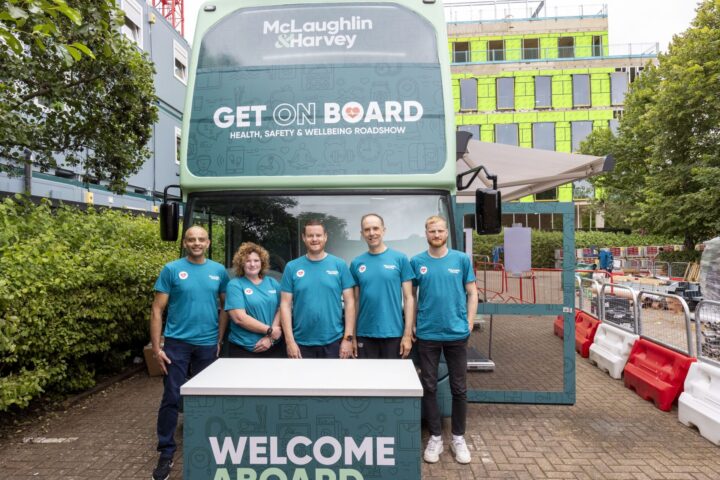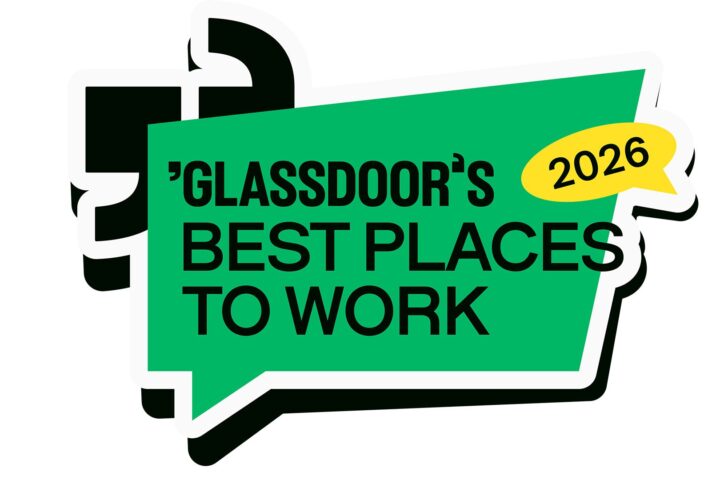Home and hybrid working has hurt the career development, workplace relationships and mental health of younger workers, research from IOSH found.
Nearly half (48%) of 18 to 24-year-olds said that remote and hybrid working made it harder to build relationships with colleagues and managers.
Over two-fifths (43%) said fewer face-to-face interactions held back their personal and professional development.
Even among those who go into the office every day, 39% said the move to hybrid and remote working made connecting with colleagues more difficult.
The research also found that a lack of in-person mentoring and guidance added to the problem.
Only 17% of all workers got constructive feedback two to three times a week, rising slightly to 19% among 18 to 24-year-olds.
For entry-level staff, only 16% had regular mentoring.
Just one in five hybrid or office-based employees had structured weekly check-ins with their line manager.
One in six young workers (17%) said their wellbeing had got worse.
More than a quarter (28%) felt cut off from their workplace community.
That figure was higher for entry-level staff at 36% and for intermediate staff at 32%.
When asked what would help younger workers, 45% wanted structured check-ins with managers, 42% wanted more wellbeing and mental health support, 40% wanted clearer career development routes, 35% wanted in-person mentoring or coaching, and 35% wanted more in-person collaboration.
Kelly Nicoll, president at IOSH, said: “Managers need to build in more structured supervision time and regular check-ins with young workers and hybrid workers than only having contact once a month.
“They need to make room for daily informal catchups and also set weekly and monthly one-to-one sessions to cover performance and address wider issues such as health, safety and wellbeing, as well as mentoring, coaching and career development.
“Mental health risk management should be fully integrated into occupational safety systems and management practices need to be updated to reflect the evolving demands of a multigenerational, hybrid workforce.”















